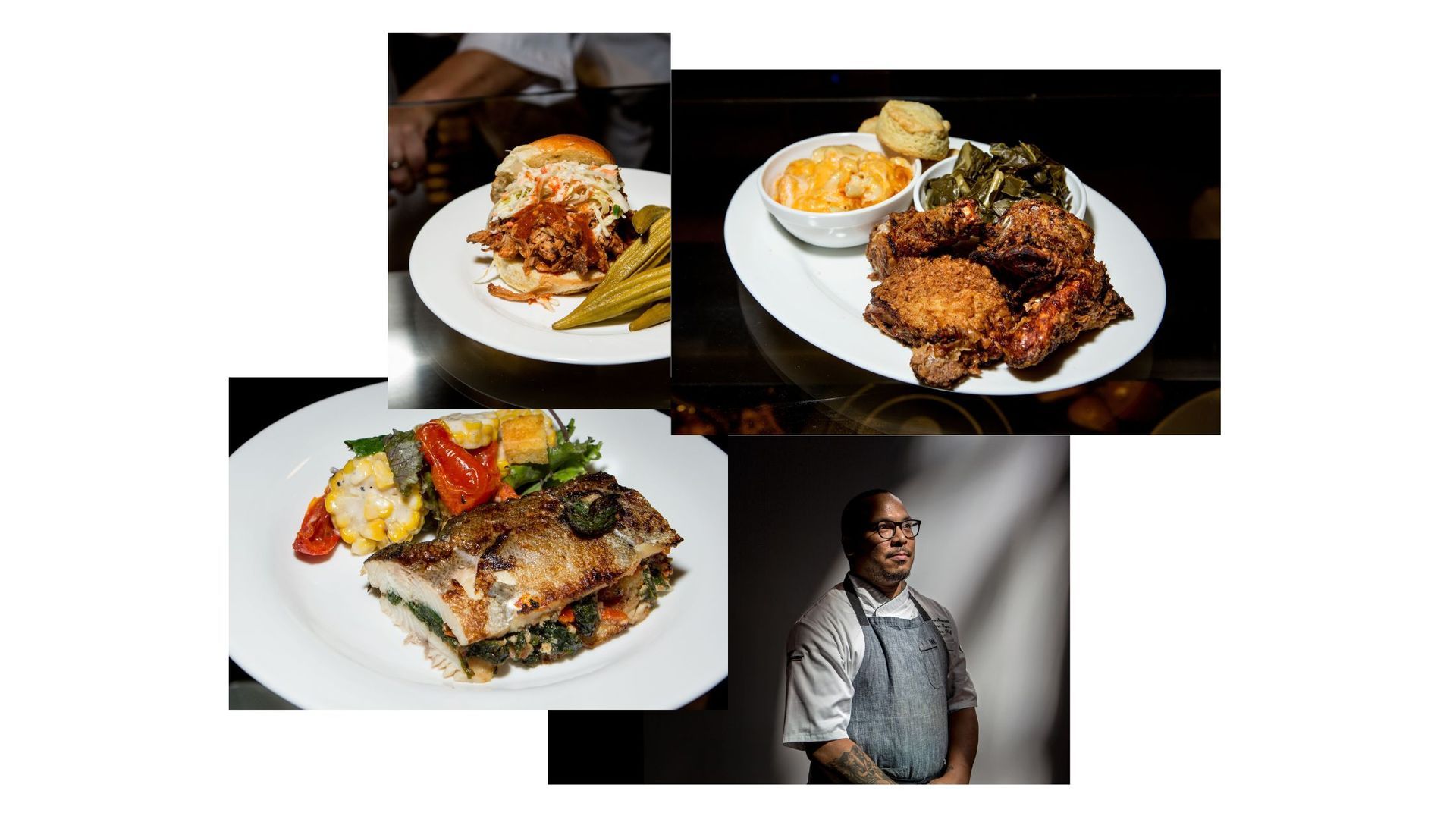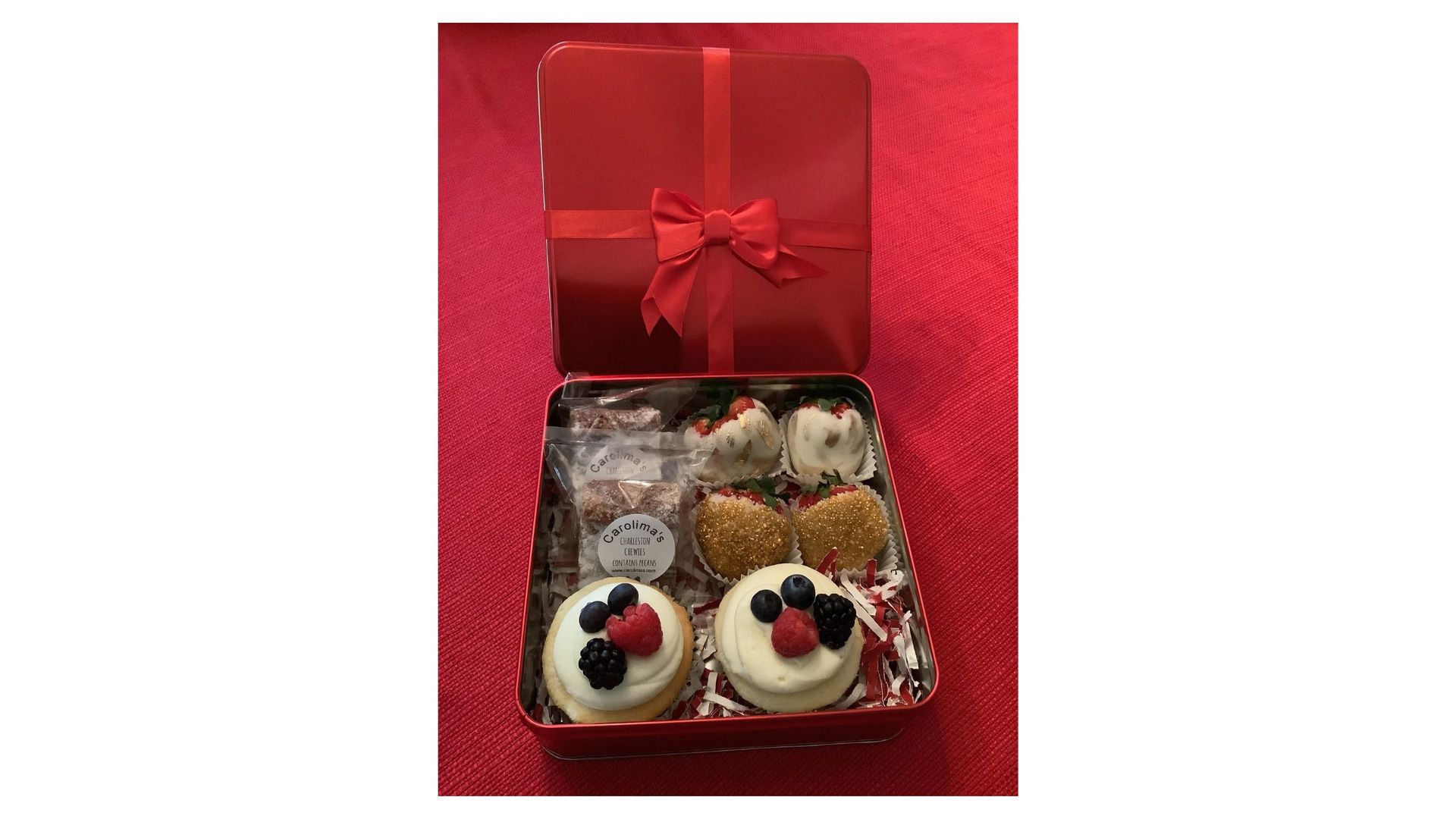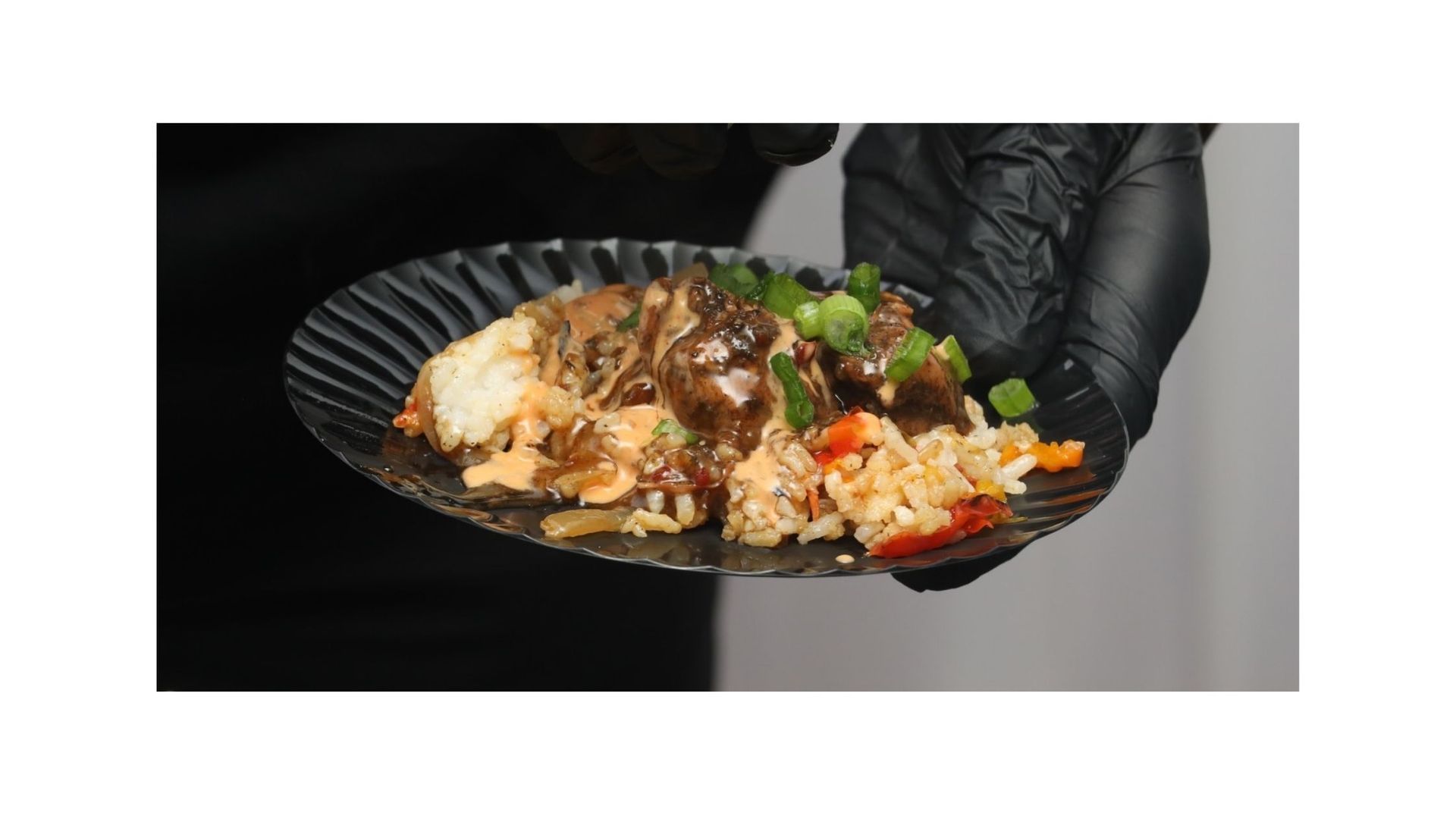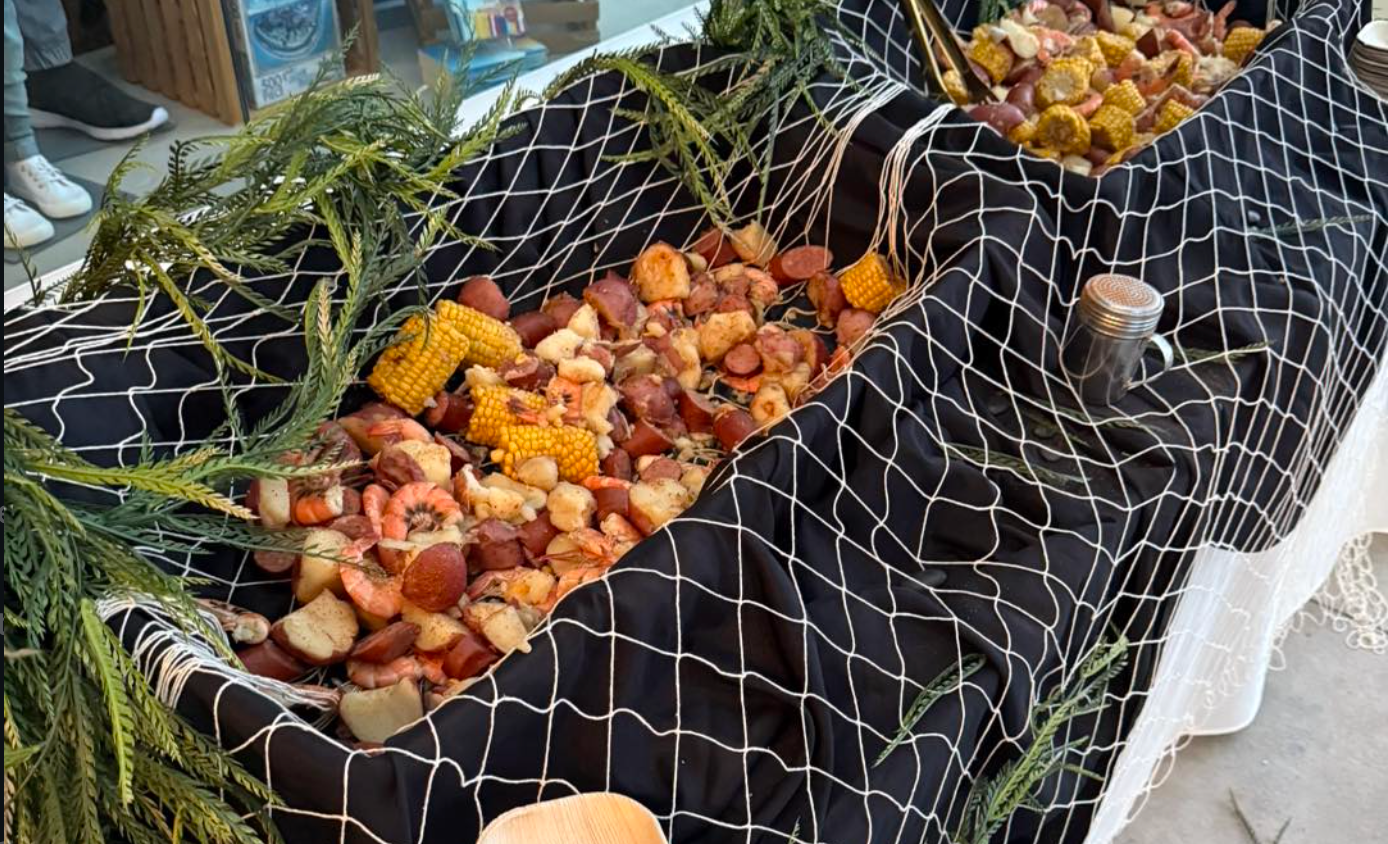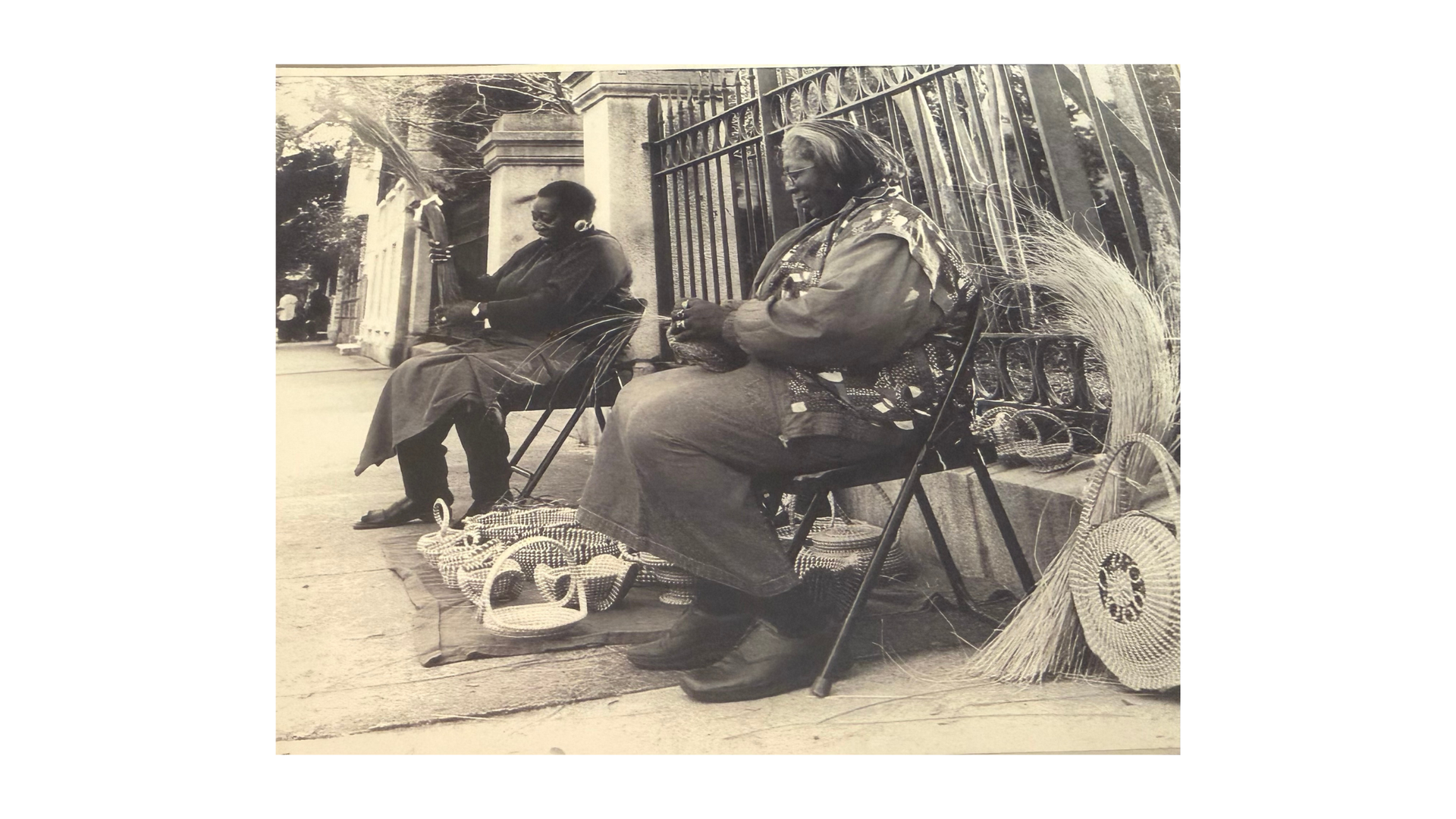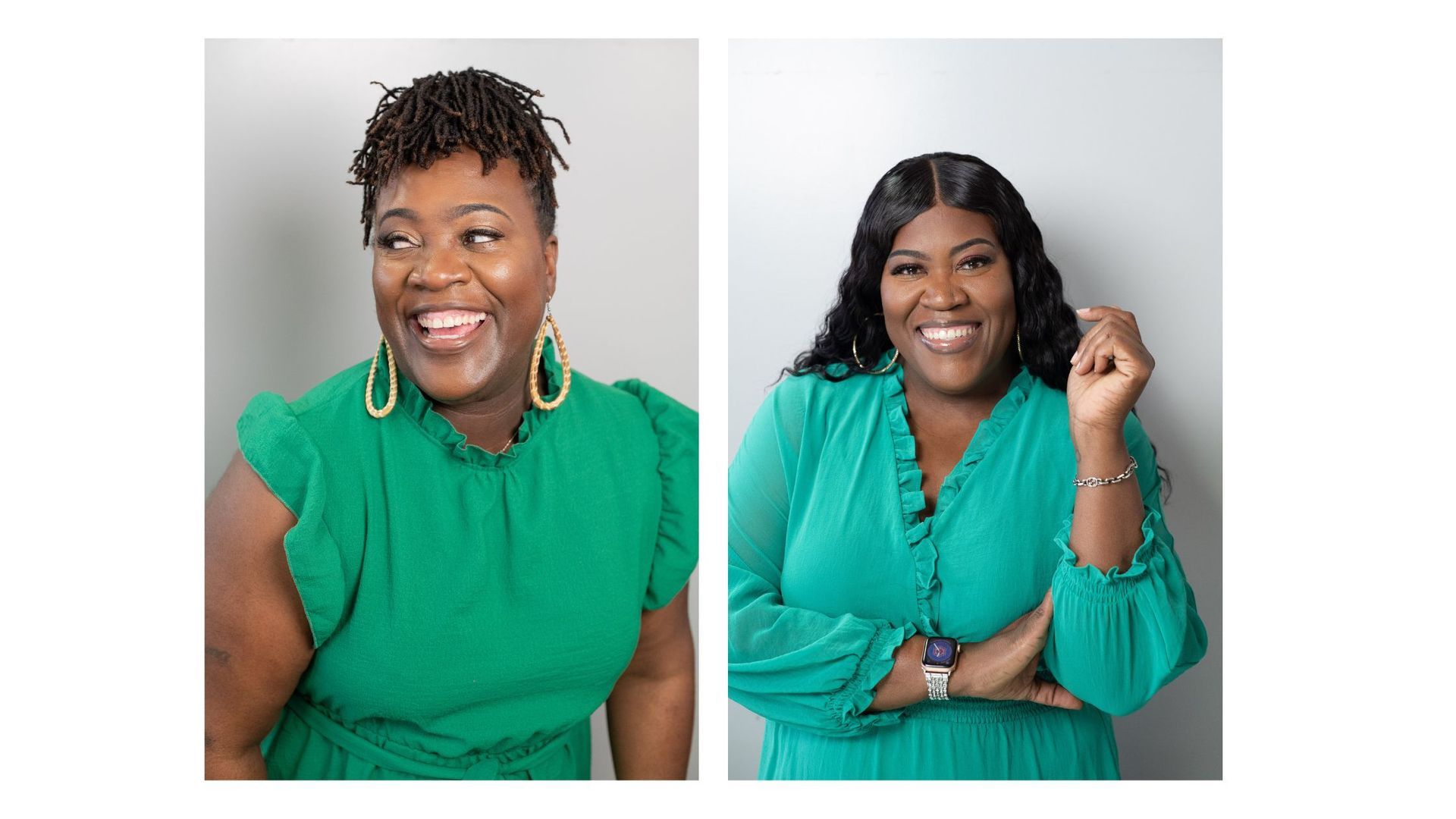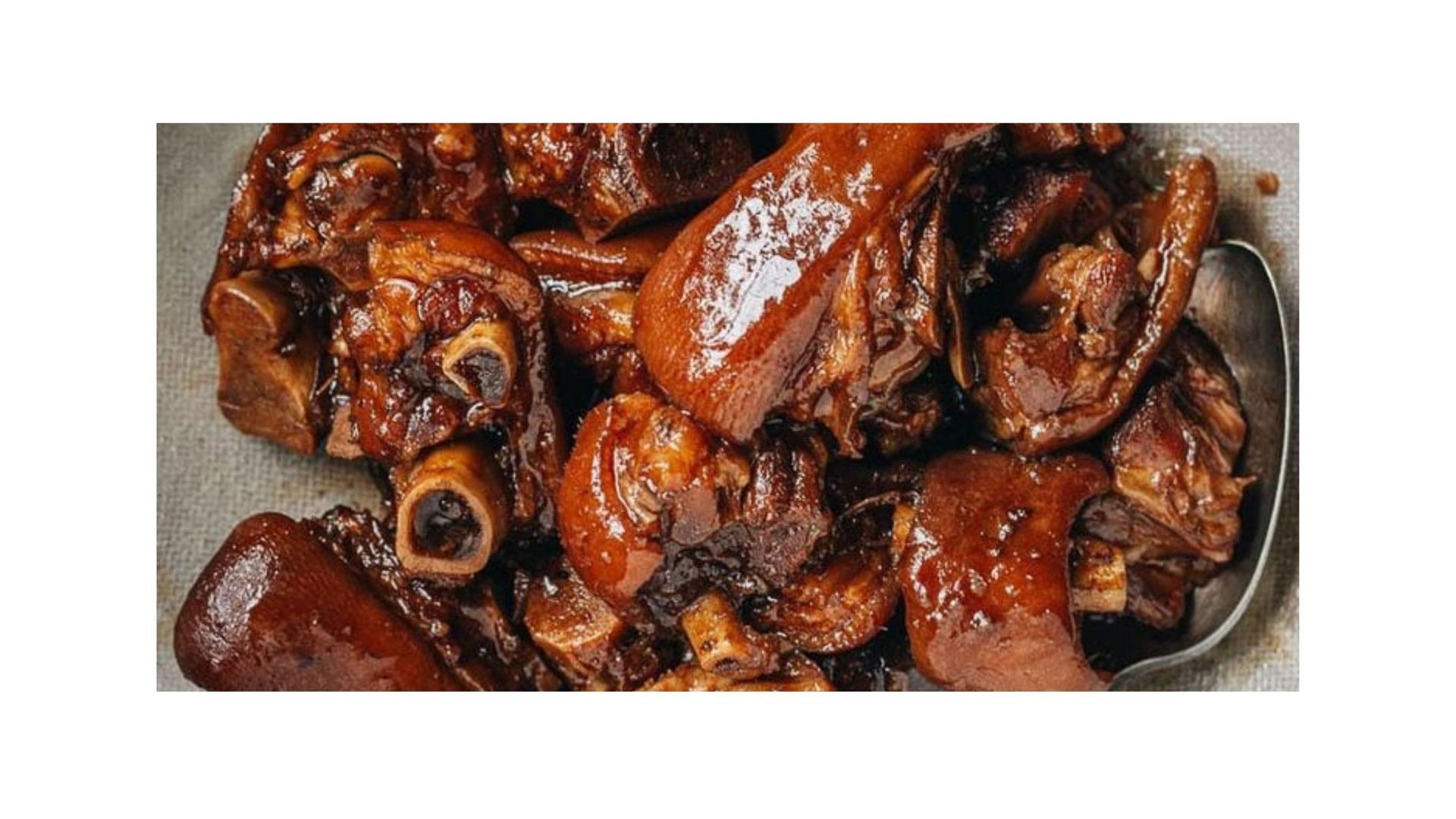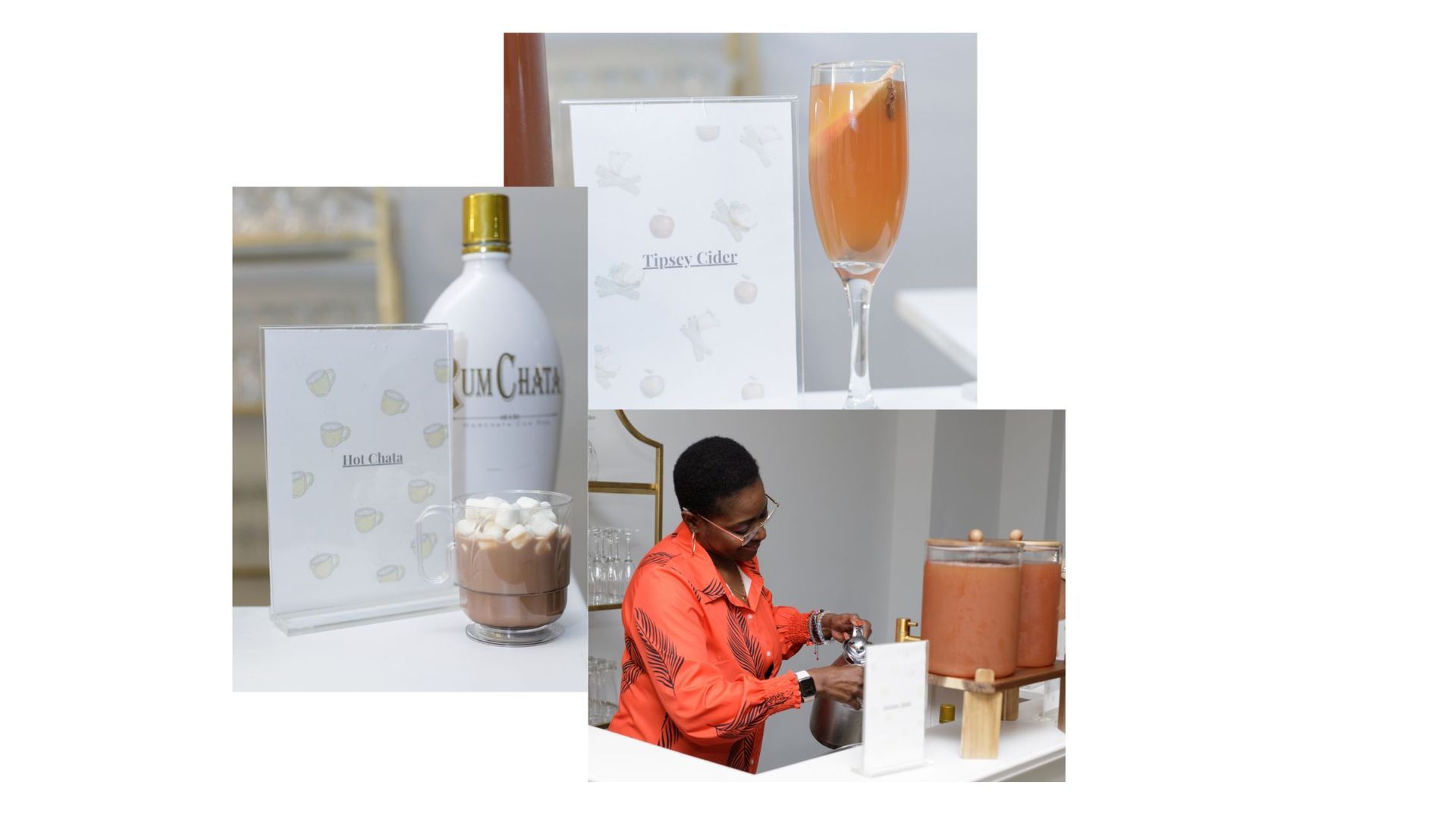Shrimp-Gate Exposed: Are You Really Eating Local in Charleston?
Charleston’s food scene is under the microscope—and not for the usual reasons. A recent DNA study revealed that many local restaurants are serving imported shrimp, even when the menu suggests otherwise. It’s a wake-up call for food lovers, especially in a city that takes serious pride in its seafood.
According to the report, only about 1 in 10 restaurants tested were actually serving wild-caught, local shrimp. The rest? Imported—often from overseas, but still marketed as “local.” For diners expecting Lowcountry flavor, that kind of bait-and-switch hits hard.
So, What Really Happened?
Earlier this year, a consulting firm conducted DNA tests on shrimp from dozens of Charleston restaurants. The results sparked outrage and a flood of lawsuits, accusing several businesses of false advertising.
But here’s the catch: some of those restaurants never actually advertised “local shrimp” to begin with. One in particular—known for doing things the right way—was called out even though they’ve always been transparent. They sell both local and imported shrimp, and they’ve said so plainly: local shrimpers can’t always meet demand, especially during peak seasons. So, when they have to outsource, they do it responsibly—and honestly.
That’s the part of the story that’s getting lost. This isn’t just about labeling—it’s about the reality of running a food business in a region with seasonal product and limited supply.
Where Transparency Meets Reality
Let’s be real. If you’re charging $22 for "local" shrimp and grits, people expect it to be local. And they deserve to know what they’re paying for. But in the food world, it’s not always so black and white.
Here’s the truth:
- Local shrimp is seasonal and in high demand—it can’t always keep up with restaurant volume.
- Imported shrimp, when sourced properly, helps fill the gap and keep businesses running.
- The real issue isn’t about what’s on the plate—it’s about whether diners were told the truth about it.
Some restaurants do stretch the truth. Others are caught in the middle, trying to balance honesty with survival. And it’s important we know the difference.
What Should Diners Do With This Info?
This whole thing has people second-guessing every shrimp dish in Charleston—but let’s not throw out the whole pot. If anything, it’s a call for smarter dining and better questions.
Here’s what we can do:
- Ask where the shrimp comes from. Not to call anyone out—but to understand.
- Support places that are transparent, even if that means they sometimes use imported shrimp.
- Respect restaurants that try to source local first, even when that means higher costs and more effort.
- Give grace when a business makes sourcing decisions that keep the lights on—but doesn't lie about it.
Where Carolima’s Stands
We stand with restaurants trying to do it right—whether they’re serving 100% local or responsibly filling the gaps when they can’t get it. Running a kitchen means making tough choices, especially in a market where the demand is high and the supply is seasonal.
So, here’s our promise:
- We’ll always be open about what we’re serving.
- We’ll continue to support local fisheries and shrimpers as often as we can.
- And we’ll never compromise the flavor, culture, or integrity of Lowcountry cuisine—because it’s more than food to us. It’s home.
🦐 Wanna taste the real thing? Let us cook for you. Whether it’s a wedding, team lunch, or just because—it’s always seasoned with care and served with pride.
📲
Book your next event with Carolima’s Lowcountry Cuisine.
💬 Got sourcing questions? Ask us. We love talking food—and we’ll always keep it real.
